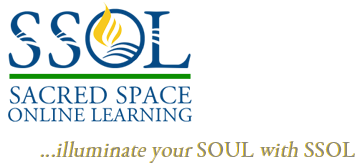
Source: Spirituality & Practice
All sorts of questions come to mind when we start to seriously assess the place and importance of money in our lives. As Lynne Twist of The Soul of Money Institute has said, “Money is the most universally motivating, mischievous, miraculous, maligned, and misunderstood part of contemporary life.”
Practicing Spirituality with Money looks at the attitudes toward money that we have picked up from our birth families, culture, and religious traditions. Some of us carry large burdens over having wasted, lost, or overvalued money, and we suggest ways to deal with that. Our beliefs, habits, and ideals about this medium of exchange say a lot about our deepest longings, fears, and expectations. When we consider our money, we come smack up against consumerism, shopping, and our craving for possessions and status. All that is grist for our reflections and practices.
Spiritual teachers from all the religions have plenty to say about alternatives to market values — simplicity, thrift, generosity, charity, sustainable living, gratitude, and more. They also suggest ways that money can be a carrier of our best intentions and a spur to love, commitment, and service. And best of all, they challenge us to do more spiritual practices organized around our use of money.
Practicing Spirituality with Money consists of 40 emails, each with a short excerpt from a spiritual book, along with a link to our review. We suggest a way for you to practice that thought as you go about your daily activities.
(6 CEHs for Chaplains available.)
Learn more about this course and register on Spirituality & Practice




